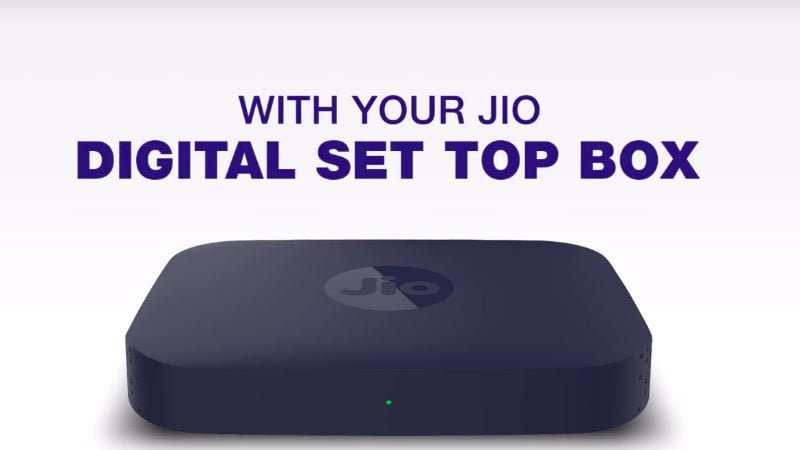What is Set-Top Box Interoperability in First Place? Over the last few years, interoperable STBs have become a lot popular as it allows users to switch between different DTH or Cable TV operators without the requirement to replace the entire Set-Top Box. For example, you can switch from Tata Sky to Airtel Digital TV with ease if Trai implements the interoperable Set-Top Box service in India. Right now, if a DTH or Cable TV wants to shift to other service providers, then the entire equipment has to be installed from scratch. Interoperable STBs remove this hassle, and it will be available for DTH and Cable TV subscribers once it comes into effect. Tata Sky Believes it is Not Desirable to Have Interoperable STBs As always, when Trai plans to bring something good and new into the sector, operators are first in the race to oppose the move as there will be some investment or risk involved in the move. And it continues with the interoperable STBs as well. Tata Sky, the current leading DTH operator in India, says that it is not desirable to have interoperable STBs for the commercial, technical, security and service-related reasons. According to Tata Sky, interoperability will only be viable if an STB could be designed having a reasonable cost at the highest standards of quality without any detrimental impact on the security and privacy features of the STB. The present Set-Top Box ecosystem allows operators to provide a secure solution such as HDCP/ Water-marking/Fingerprint etc. at minimal costs and Tata Sky says it has serious concerns about third-party manufacturers, developers being able to maintain the same security standards in the interoperable STB. Tata Sky also added that there would be technical issues within the Set-Top Box as well if interoperability comes into place. “The STB model, functionality, processor speed, memory, software configuration, encryption and transmission standards differ amongst operators and this will lead to serious compatibility issues if inter-operability is attempted,” added the operator. Dish TV and Airtel Digital TV Also Oppose Interoperable STBs Similar to Tata Sky, Airtel Digital TV also urged that there will be a lot of technical issues if the Set-Top Interoperability comes into the place. “If technical interoperability and open architecture was feasible, no DTH operator would have subsidised the cost of Set-Top Boxes for end customers and incur huge losses on this account,” said Dish TV to Trai. Airtel Digital TV also added that the DTH operators in the country are in present to offer DTH services, not to sell STBs. “DTH operators are in the business of offering DTH services and not in the business of selling Set-Top Boxes but they are doing so due to failure of a viable technical interoperability solution,” the DTH arm of Bharti Airtel added. On the other hand, Dish TV says that Trai should not follow the Federal Communications Commission (FCC) and EC in implementing interoperable STBs as they are unfit for the Indian market. “We believe that it is an appropriate time for TRAI to take an approach similar to FCC and EC and look at the ecosystem of Broadband based STBs vis-à-vis DTH or cable delivered devices. Both are moving towards IP and with a common architecture and a vibrant TV ecosystem can only be furthered with an integrated view,” said the former leading DTH operator. Reliance Jio Says Interoperable STBs Require Substantial Investments Lastly, Reliance Jio says that the implementation of interoperable STBs require a massive amount of investments and Trai should look at the resultant benefits before the implementation. It also added that the interoperability of STBs across several platforms, i.e. MSOs and DTH is not desirable taking into the consideration that they are widely distinct from one another in terms of functionality. Jio also said that interoperability cannot in any manner be implemented for the existing Set-Top Boxes, so operators will have to come out with new STBs and new technology which will add up in a lot of investments.
